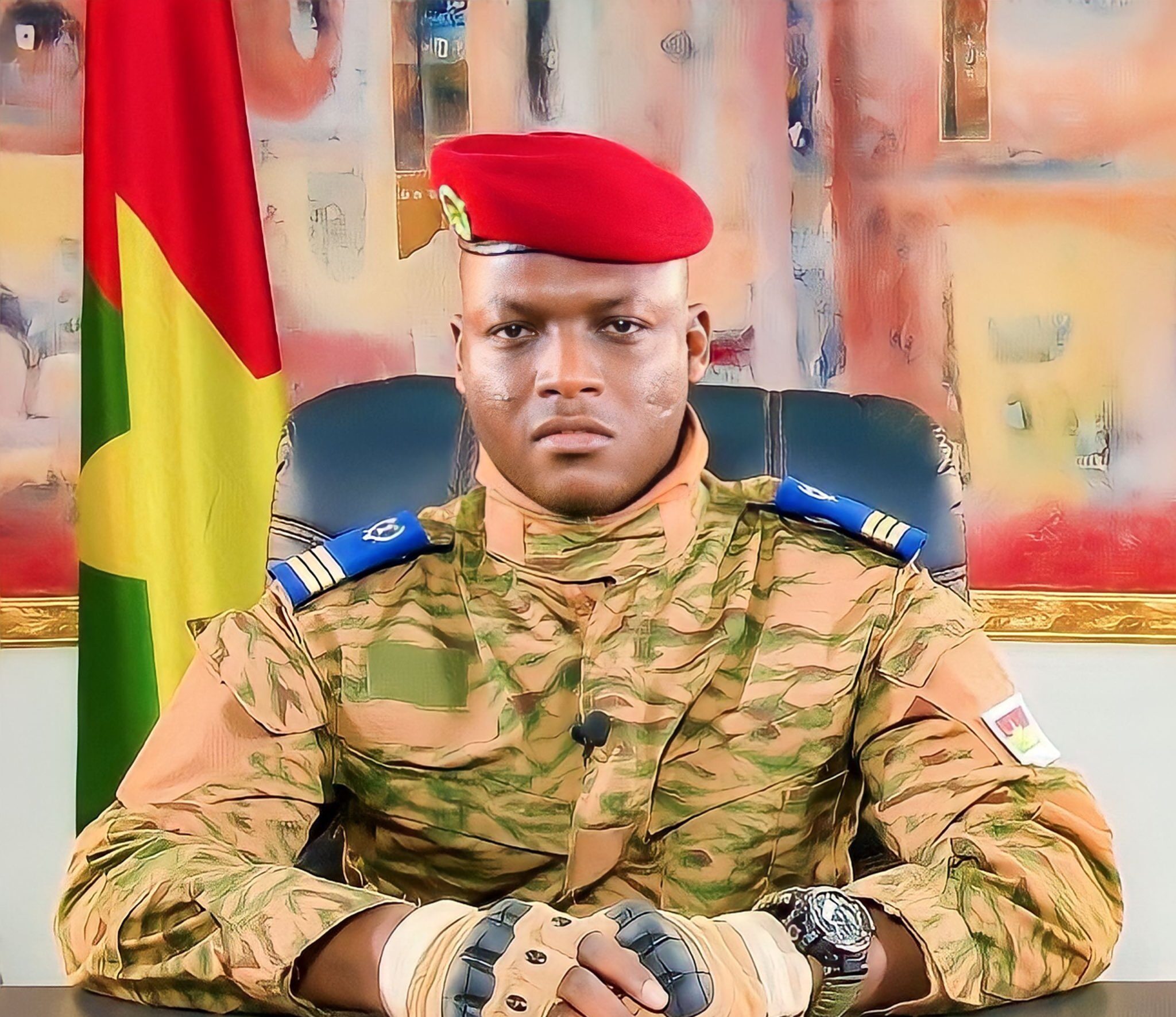Burkina Faso Launches New Biometric Passports Without ECOWAS Logo

In a decisive move to affirm its withdrawal from the Economic Community of West African States (ECOWAS), Burkina Faso has introduced new biometric passports, notably excluding the bloc’s logo from their covers.
This symbolic action follows a military coup that brought the nation’s current leadership to power, signalling Burkina Faso’s firm intention to sever ties with the 15-member regional organisation.
Speaking at the official launch of the new passports on Tuesday, Security Minister Mahamadou Sana emphasised that this step represents a tangible affirmation of the country’s exit from ECOWAS.
“On this passport, there’s no ECOWAS logo, and no mention of ECOWAS either. Since January, Burkina Faso has decided to withdraw from this body, and this is just a realisation of the action already taken by Burkina Faso,” Sana remarked.
The introduction of the new passports comes amid a broader political realignment in the region.
Burkina Faso, alongside Niger and Mali, has been at odds with ECOWAS following a series of military coups in these nations.
The three countries’ impending withdrawal from the bloc has raised concerns within ECOWAS about the potential repercussions for the region, particularly regarding freedom of movement and the integrity of the common market.
In response, ECOWAS has warned that the departure of Burkina Faso, Niger, and Mali could have far-reaching effects on the bloc’s ability to serve its 400 million citizens.
The regional body, which has long championed economic cooperation and integration, faces a complex challenge in preserving its influence amidst the shifting political landscape.
The growing presence of insurgent groups aligned with al Qaeda and Islamic State in these countries only adds to the urgency of the situation.
As Burkina Faso moves forward with its disengagement from ECOWAS, questions remain about the long-term impact on regional security, trade, and diplomacy.
For now, the introduction of these new passports shows the country’s determination to chart a new path, independent of the bloc that it once helped shape.







